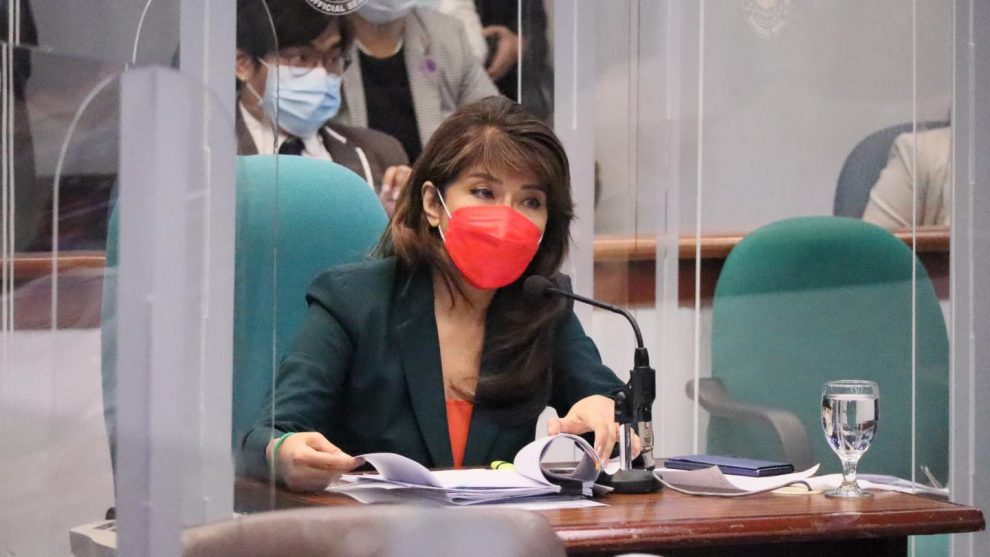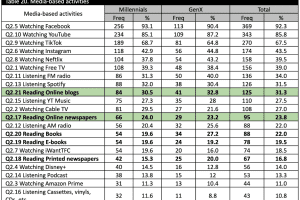Amid an alarming spike in Covid-19 cases, Senator Imee Marcos has called on the country’s economic managers to start releasing the increased funding provided for local government units (LGUs) in the 2022 national budget.
“Our LGUs are the frontliners, and they urgently need the long-denied Mandanas-Garcia ruling realized in this year’s national budget,” Marcos said, citing that President Duterte already signed the 2022 General Appropriations Act into law last week.
“We can start the New Year right by empowering LGUs to manage a persistent pandemic and natural calamities yet to come,” the former three-term Ilocos Norte governor added.
The 2018 Supreme Court ruling allots 40% of all national taxes to LGUs, correcting past practice of basing their just share from Bureau of Internal Revenue collections alone.
The LGUs will receive some Php960 billion from tax revenues, which is 40% of the Php2.4 trillion tax base computed by the Department of Finance.
While LGUs await the DoF’s justification of excluding tax revenues amounting to Php431 billion in its computed tax base, infections are spiking everywhere, Marcos said.
“The DoF has yet to explain the various exclusions relating to BARMM, agricultural programs, fire protection, even sports equipment,” the senator explained.
Marcos, who chairs the Senate economic affairs committee, added that an executive order issued last June will “whittle” the increased funding for LGUs under the Mandanas-Garcia ruling to pursue their development programs.
Executive Order 138 fully devolves certain functions of national government agencies to LGUs in the next three years, but local officials are pleading for a longer period to absorb all the responsibilities involved.
“Shouldering the costs of full devolution in such a short period will jeopardize the development programs that LGUs intend to pursue,” Marcos said.
“The assistance of national government will still be needed, especially in fourth- to sixth-class municipalities where public hospitals are not ready for a full transfer of functions,” she added.












